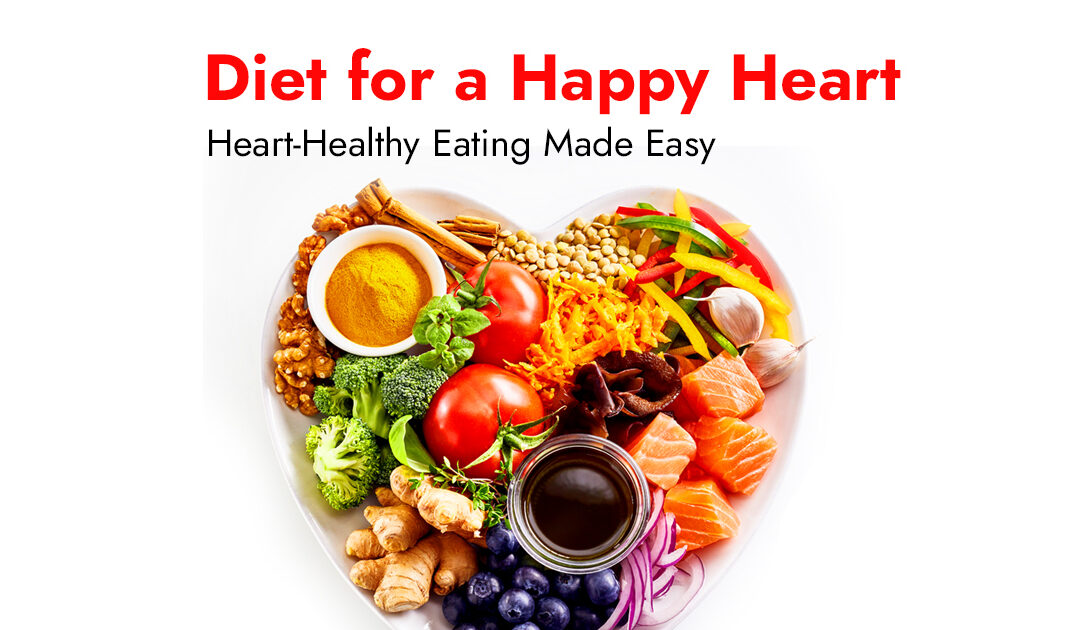Your heart needs the optimum nutrition to keep it functioning properly because it is an unceasing pump that works around-the-clock. Your heart functions best on a diet high in nutrients and low in substances that can clog its arteries and impair it, much like a high-performance engine. This blog shares the keys to a heart-healthy diet, guiding readers toward sustainable, tasty, and nutrient-dense options.
The food we eat directly impacts our cardiovascular health. Here’s how your diet influences your heart:
- Balance between Fat and Cholesterol: Diets heavy in trans and saturated fats can raise LDL (“bad”) cholesterol levels, which can cause atherosclerosis, or plaque accumulation in arteries. On the other hand, unsaturated fats from nuts and avocados, as well as omega-3s from fish, help support normal cholesterol levels and enhance blood flow.
- Blood Pressure Control: Consuming too much sodium raises the risk of high blood pressure, which in turn raises the risk of heart disease. Fresh fruits and vegetables, which are naturally low in sodium and high in potassium, a mineral that lowers blood pressure, are the mainstay of a heart-healthy diet.
- Inflammation: Heart disease is partly caused by persistent inflammation. Consuming a diet high in the anti-inflammatory and antioxidant-rich foods including whole grains, fruits, and vegetables will help reduce inflammation and safeguard your heart.
Foods to Embrace for a Happy Heart:
- For fruits and vegetables, try to fill your plate with a rainbow! Heart-healthy options include citrus fruits, cruciferous veggies like broccoli, berries, and leafy greens.
- Fatty Fish: Try to get two servings a week of tuna, salmon, or sardines. Omega-3 fatty acids, which are abundant in these cold-water fish, support heart health.
- Nuts and Seeds: Rich sources of fiber, important vitamins and minerals, and healthy fats are almonds, walnuts, flaxseeds, and chia seeds. Eat them sparingly as a snack or as a topping for salads.
- Legumes: A mainstay that is heart-healthy, beans, lentils, and chickpeas are excellent providers of plant-based protein and fiber.
- Olive oil: With its monounsaturated fats and anti-inflammatory qualities, this heart-healthy lipid is a fantastic option for cooking and salad dressings.
Foods to Limit for Heart Health:
- Saturated and Trans Fats: These fats, which can cause artery-clogging plaque accumulation, are present in red meat, processed meats, fried foods, and baked products.
- Additives: Consuming too much sugar raises dangerous cholesterol levels and can cause weight gain, which is another heart disease risk factor.
- Refined Grains: White rice, bread, and pastries are high in calories and low in fiber, which can raise blood sugar levels. Instead, choose whole grains.
- Sodium: Steer clear of canned items, processed foods, and too much added salt. Selecting herbs and spices will enhance the taste of your food.

